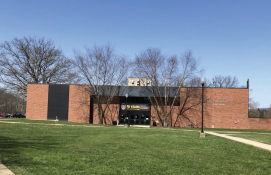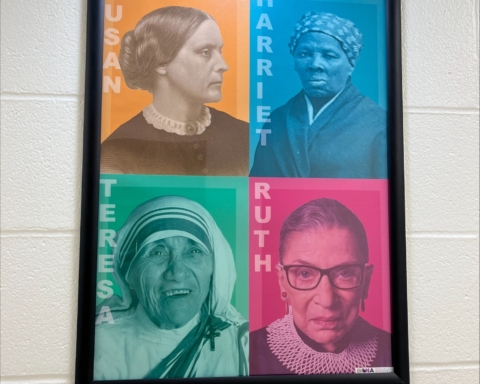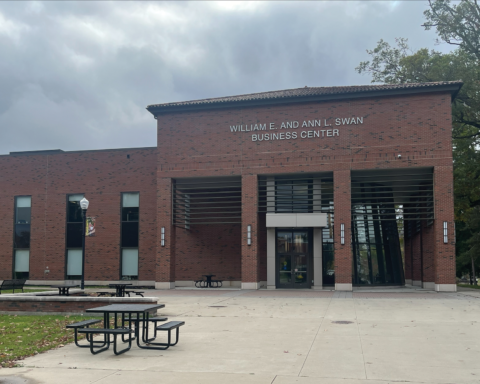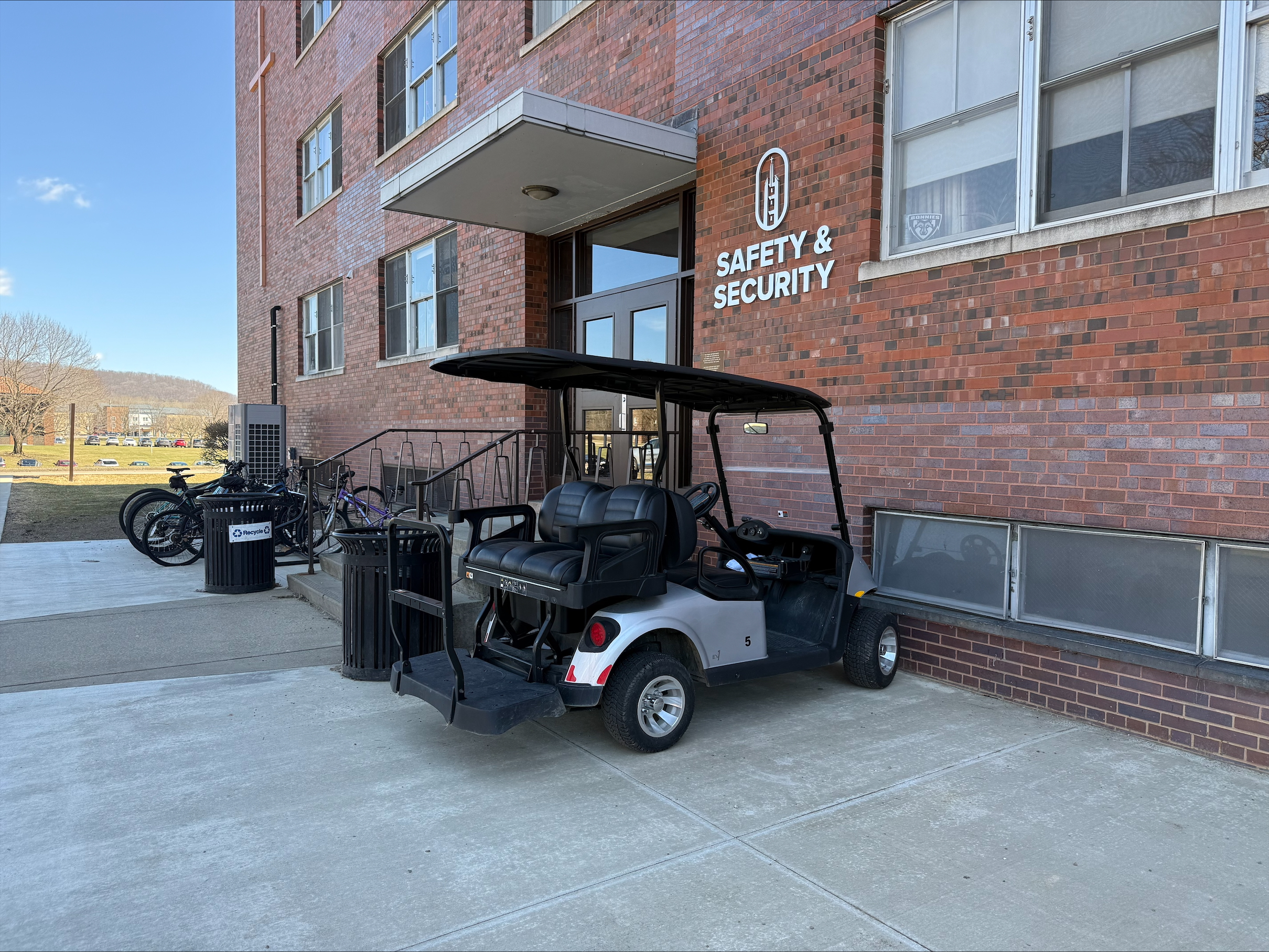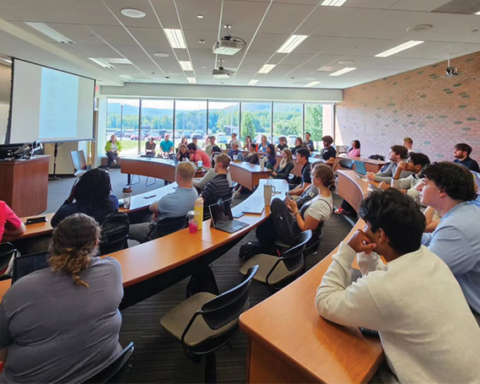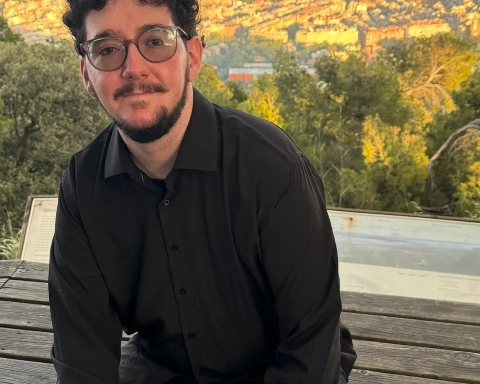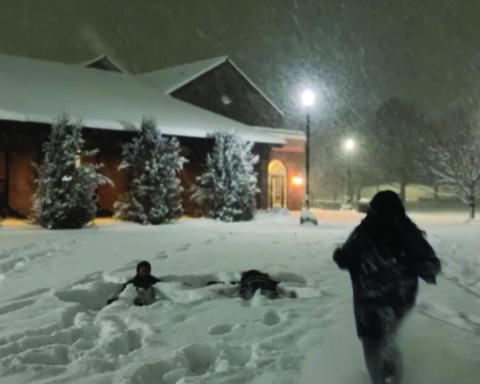By Tucker Reilly, News Assignment Editor
The Jandoli Institute, part of St. Bonaventure University’s Jandoli School of Communication, has begun a project on its website examining speeches. The project features analysis and suggestions from experts on the characteristics of a good speech.
According to a press release from sbu.edu on March 31, the project will examine each of the 11 current contributors’ suggestions on a weekly basis, beginning this week. The suggestions given for the project come from a variety of sources – New York Senator Kirsten Gillibrand, New York State Lieutenant Governor Kathy Hochul and former U.S. Representative James T. Walsh are among the many notable names included.
“Speeches help define us,” said Dr. Richard A. Lee, associate professor at the university and director of the Jandoli Institute. “They inform, educate and entertain; they inspire us to take action.”
One of the most common places where speeches are heard are political events. As Lee described, speeches can be an effective tool in such contexts.
“Staying on message is critical to the success of any campaign and speeches are one of the tools that help us stay on message,” said Lee.
Suggestions for the project have taken on diverse forms.
Dr. Phillip Payne, chair of the university’s history department, described the importance of examining historical speeches, a topic his suggestions focus on.
“If you look at interviews with presidents and their speech writers, they almost always refer back to influential speeches,” said Payne. “For example, after 9/11, George W. Bush’s speech writers looked to President Truman’s speech announcing the Truman Doctrine at the beginning of the Cold War. President Reagan and his speech writers looked to Franklin Delano Roosevelt. Studying past speeches becomes a way to look at the conventions of the genre and it also allows leaders to tap into larger themes of American history and politics.”
In the March 31 press release, Lee described the project as “an alternative to the partisan responses that generally follow major speeches such as the State of the Union address.”
He later further emphasized the importance of examining speeches for their objective merits, without political considerations.
“By putting partisanship aside, we can focus solely on the quality of a speech and identify its strong points and its weak ones,” said Lee. “The Figures in Speech project includes Democrats and Republicans. There’s a well-known saying in politics that there is no Democratic or Republican way to fill a pothole. The same is true of speeches; there is no Democratic or Republican way to write or deliver a great speech.”
reillyt19@bonaventure.edu

